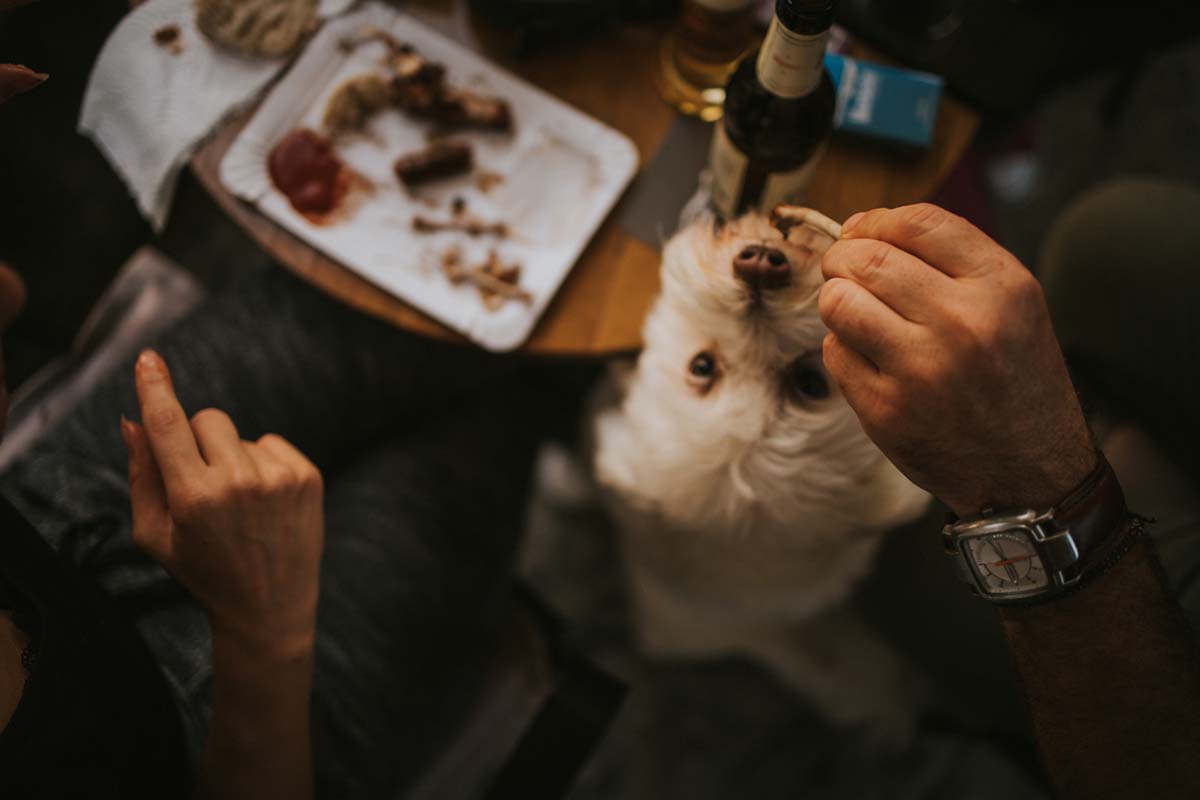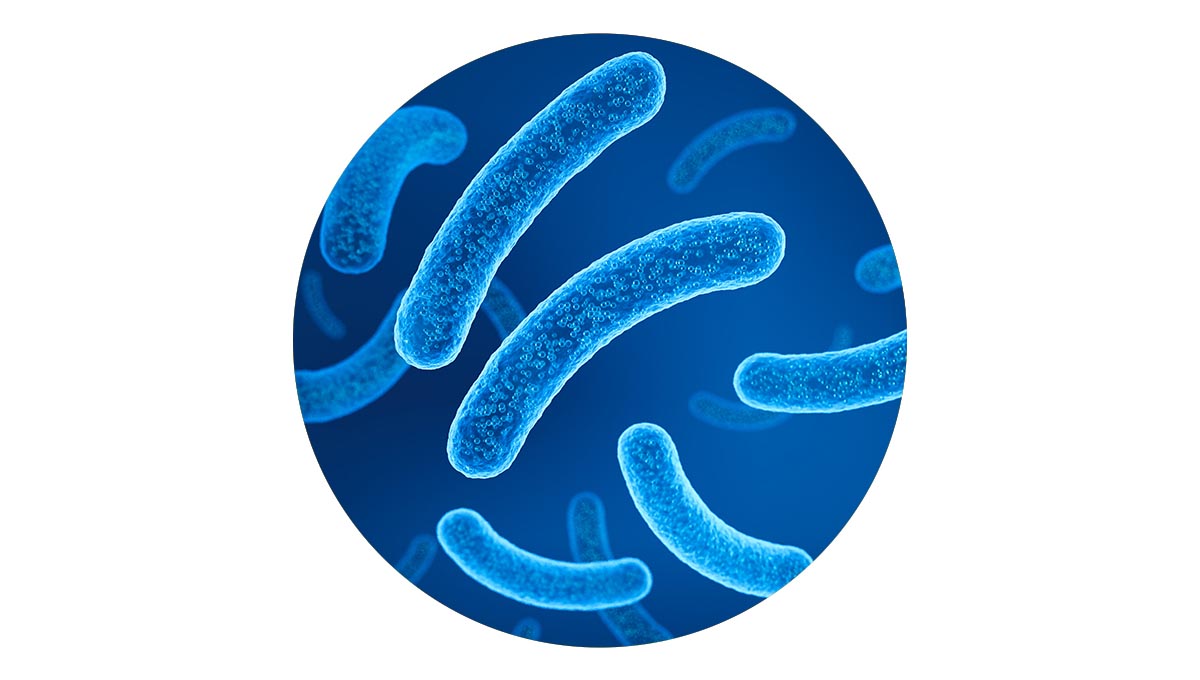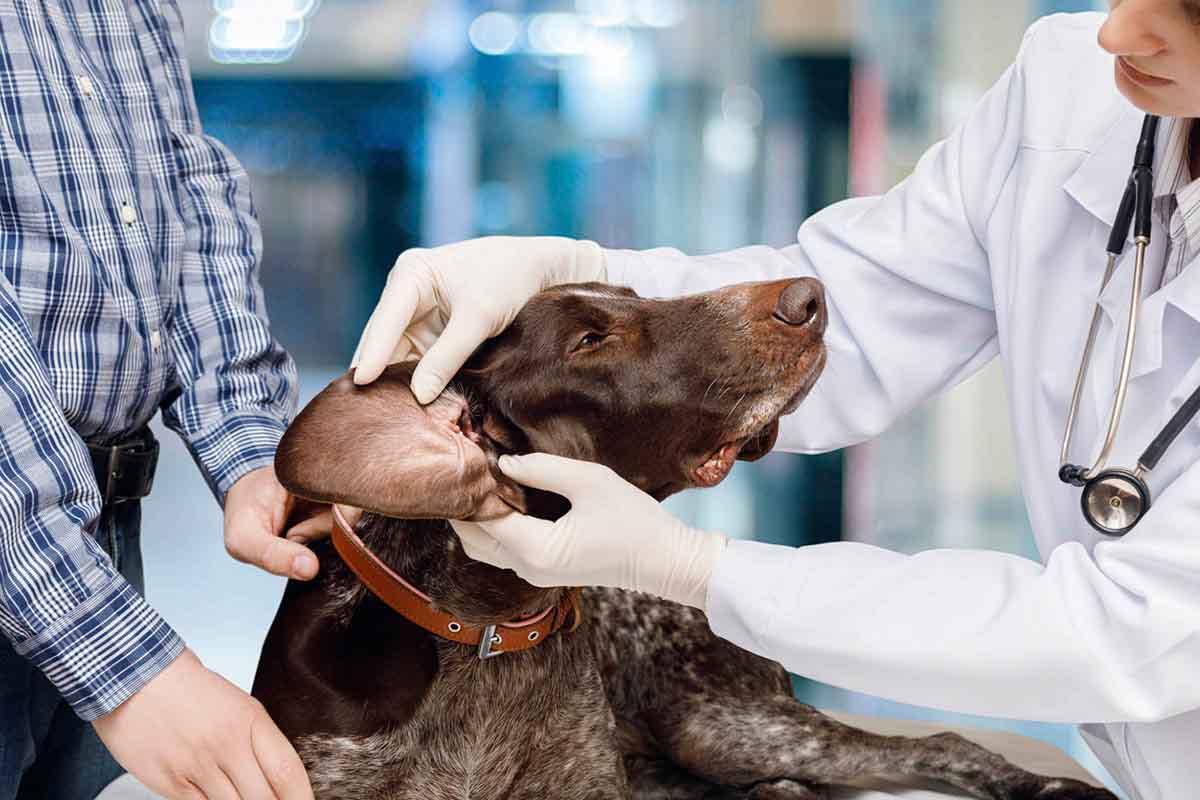What Human Food Can Dogs Eat?
Some human foods are actually GOOD for dogs! Here are what foods are safe and which human foods to avoid.
For most of us, our dogs are cherished members of our family. As such, we not only share our home and experiences with our four-legged friends but sometimes our favorite foods as well. Is that good? Well, it depends on what you feed them. What human food can dogs eat safely?
Many foods—such as fresh meats, fish, fruit, and vegetables—are good for dogs. BUT since dogs and humans metabolize food differently, some human foods are downright dangerous for your pooch. Knowing the difference could, at the very least, save you a trip to the vet.
What human food is good for dogs?
“What people food can dogs eat?” will generate a much longer list of possibilities than the question “What human food is good for dogs?” Here is a list of foods that are not only safe for your dog but are also GOOD for them.
It is possible to have too much of a good thing, however, so always serve in moderation in order to avoid weight gain and upset stomach.
Proteins dogs can eat
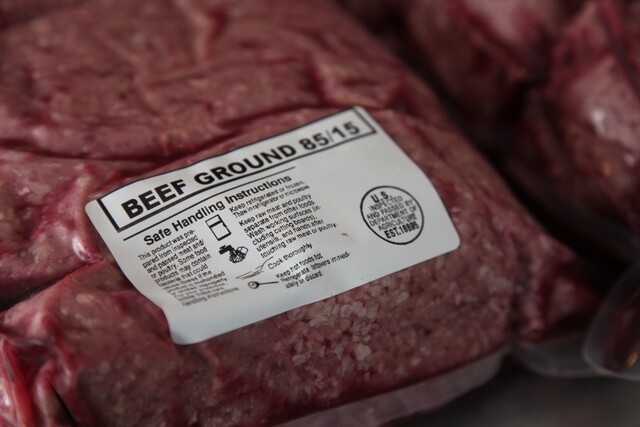
What are the best protein sources for dogs? Fresh, lean cuts (avoiding fatty trims or skin) of whole food. Protein sources with no by-products that are cooked to avoid contamination are an excellent place to start.
Avoid feeding your dog raw meat, raw fish, or raw eggs because there is a risk of food poisoning from bacteria such as salmonella and E. coli. Lightly cooking fresh whole-food ingredients will prevent disease while maximizing nutrition, digestibility, and taste.
- Chicken: Chicken is an excellent source of protein, healthy fats, and vitamins.
- Beef: Beef is a complete protein that is rich in iron, zinc, and vitamins B12 & B6.
- Lamb: Lamb has an abundant supply of high-quality protein, zinc, and iron.
- Turkey: Turkey often gets a bad rap when it comes to dog nutrition, but served with fatty trim or skin, it is a superior source of lean protein that contains healthy minerals and vitamins.
- Cooked fish: Cooked fish, such as salmon or cod, is not only an excellent source of protein but also contains essential fatty acids that contribute to a healthy, shiny coat.
- Peanut butter: Unsalted peanut butter is OK for dogs in small quantities. Read the ingredient label carefully. The only ingredient should be “peanuts” — no added sugar, sweeteners or salt.
Vegetables dogs can eat
If you were paying attention to your mom when you were growing up, you won’t be surprised to find out that fresh, cooked veggies (steamed or boiled for best digestion) would be high on the list of what human food is healthy for dogs. Here are some of the best:
- Carrots: The adage that carrots are good for your eyes is not only true for you but for your pup as well. Carrots are also chock-full of beta-carotene and antioxidants.
- Sweet Potatoes: Sweet Potatoes have significant antioxidant capabilities and are an excellent source of vitamins, minerals, and dietary fiber.
- Broccoli: Broccoli is also an outstanding source of vitamins K, C, B6, E, and vitamin A as well as minerals and dietary fiber. Like with all treats, you should limit broccoli to an occasional snack because it contains compounds that may irritate your dog’s digestive system if eaten too often.
- Green beans: Green beans are rich in vitamin K, riboflavin, copper, omega-3 fatty acids, and niacin. They are a good source of dietary fiber, phosphorous, and protein.
Fruit dogs can eat
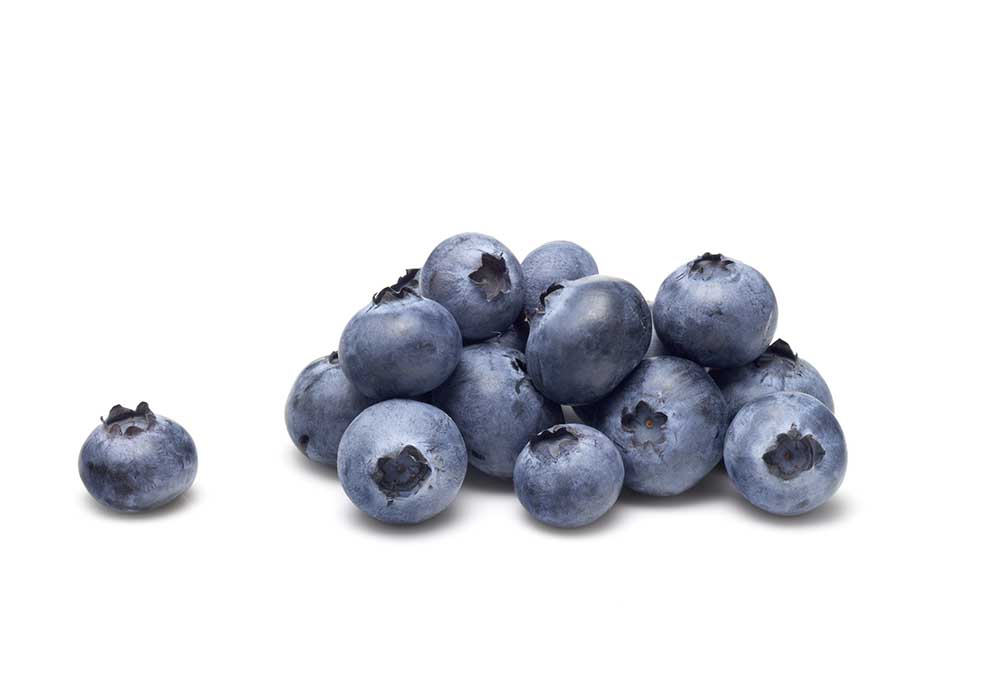
An apple a day keeps the doctor away. Well… that might be a bit much for your dog (remember our moderation rule), but you get the idea.
Fruits are GREAT treats for our furry friends and have numerous health benefits.
The following fruits are safe for dogs to eat:
- Apples: Apples, green or red, are high in antioxidants and fibers. Always chop them into bite-size pieces and never feed your dog apple seeds, as they can contain cyanide, a chemical that can be poisonous in large amounts. Do not give them the core either, as they pose a choking hazard.
- Cranberries: Cranberries are considered to be one of the world’s healthiest foods and are an excellent source of vitamin C, fiber, manganese, and vitamins E and K. They are also rich in disease-fighting antioxidants. They are a little tart, so they are best mixed with meals.
- Blueberries: Blueberries are great for your dog’s immune system and are an excellent source of vitamins K and C, manganese, and fiber. Like cranberries, they are a great source of antioxidants.
- Watermelon (seedless): Watermelon is a healthy snack and an excellent source of potassium and vitamin A.
Other human foods you can safely add to your dog’s diet include cucumbers, blackberries, cashews, venison, potatoes, green peas, and healthy carbohydrates like white and brown rice, to name a few.
Unless your dog is lactose intolerant, you can give them calcium-rich dairy products as an occasional treat like:
- plain Greek yogurt
- low-fat cheese like mozzarella and cottage cheese
Use common sense. For example, don’t feed your precious pup junk food or anything that is heavily salted or covered in seasonings.
Human Foods Dogs Should NEVER Eat
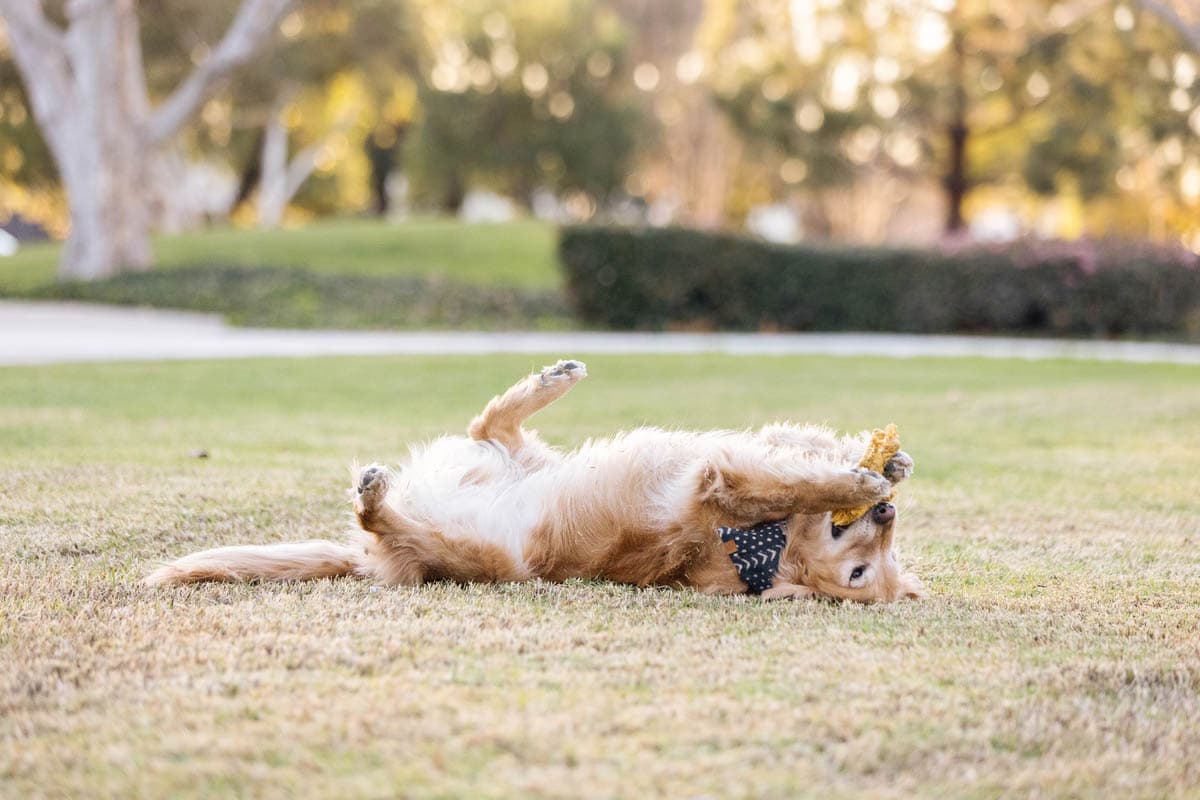
Many foods that are safe for humans can be harmful and even fatal to dogs. Never feed your precious pooch any of the following:
- Chocolate: This isn’t a surprise to most people. Chocolate contains theobromine and caffeine, two stimulants that are difficult for dogs to metabolize. Darker chocolate is more toxic than sweeter varieties, but all can lead to chocolate poisoning.
- Grapes & raisins: Grapes and raisins contain yet-to-be-identified toxic compounds that are incredibly harmful to dogs. Even small amounts can make your dog sick, and larger amounts can lead to rapid kidney failure, which can be fatal.
- Onions, Garlic, & Chives: Onions, garlic, and chives are part of the allium family and contain a compound that can damage your dog’s blood cells and can cause a form of anemia (damage to the red blood cells).
- Macadamia nuts: Macadamia nuts are toxic and can cause vomiting, weakness, fever, and muscle tremors.
- Grease: It’s best not to let them lick the grease off of the grill. Fatty meats like bacon can cause pancreatitis in dogs.
Other human foods to avoid feeding your dog include:
- Coffee
- Tea
- Caffeine
- Alcohol
- Watermelon rind
- Avocado (persin, seed could break your dog’s teeth)
- All artificial sweeteners — especially xylitol (used in candy, gum, and some diet foods)
- Raw eggs, raw meat, and raw fish
Dr. John Tegzes, VMD, Diplomat American Board of Veterinary Toxicology from Western University of Health Sciences, tells us about how human foods can be bad for dogs.
Human-Grade Food May Be the Key to Your Dog’s Health
It is shocking to see how many pet foods on the market—even most of the premium-priced brands—use feed-grade ingredients and dangerous preservatives. Rather than feeding your dog highly processed kibble or canned dog foods, we at JustFoodForDogs believe you are much better off feeding your pet healthy human-grade proteins, vegetables, and fruits.
That’s why one of the best ways to keep your dog healthy is to join our movement by feeding whole-food meals made fresh from USDA-certified ingredients and balanced to meet your dog’s nutritional needs.
These veterinarian-developed prepared meals are also a great answer to the question “What human foods can puppies eat?” Many whole-food recipes like Chicken and White Rice and Fish and Sweet Potato are particularly puppy-friendly.
It bears repeating: Only feed your dog treats in moderation and use common sense. Digestive issues are not fun for anyone, human or dog. Talk to your DVM about fresh dog food options and what’s safe to put in your dog’s stomach.
This content is for informational use only and does not replace professional nutrition and/or medical advice, diagnosis, or treatment. It is not a substitute for and should not be relied upon for specific nutrition and/or medical recommendations. Please talk with your veterinarian about any questions or concerns.
